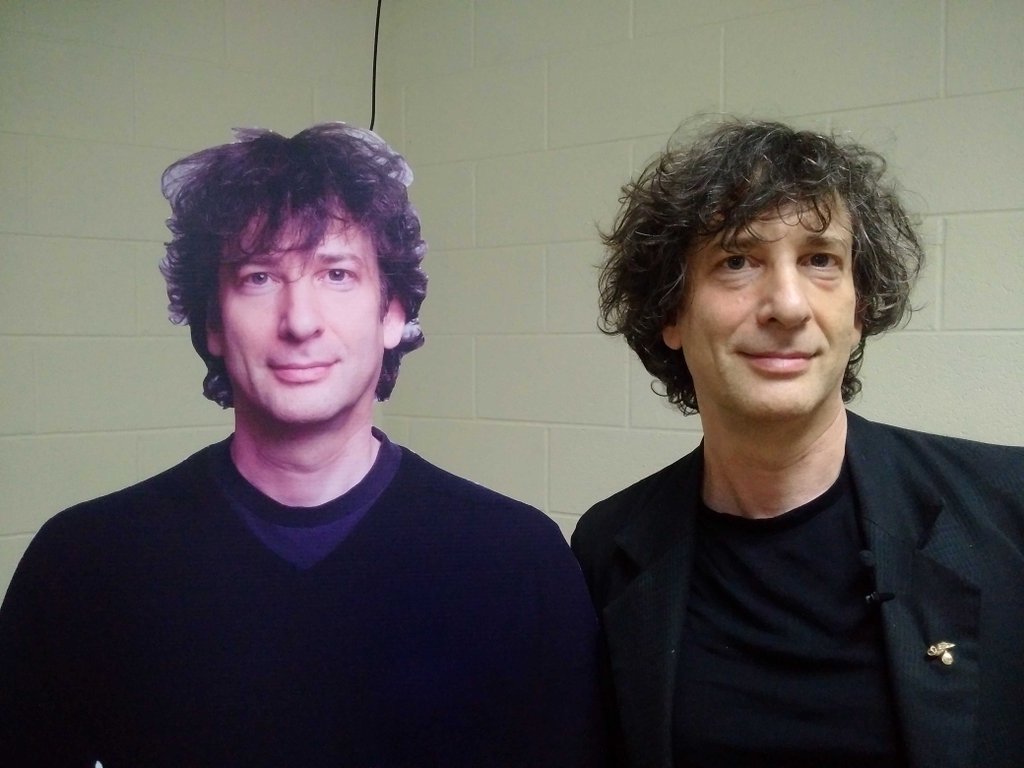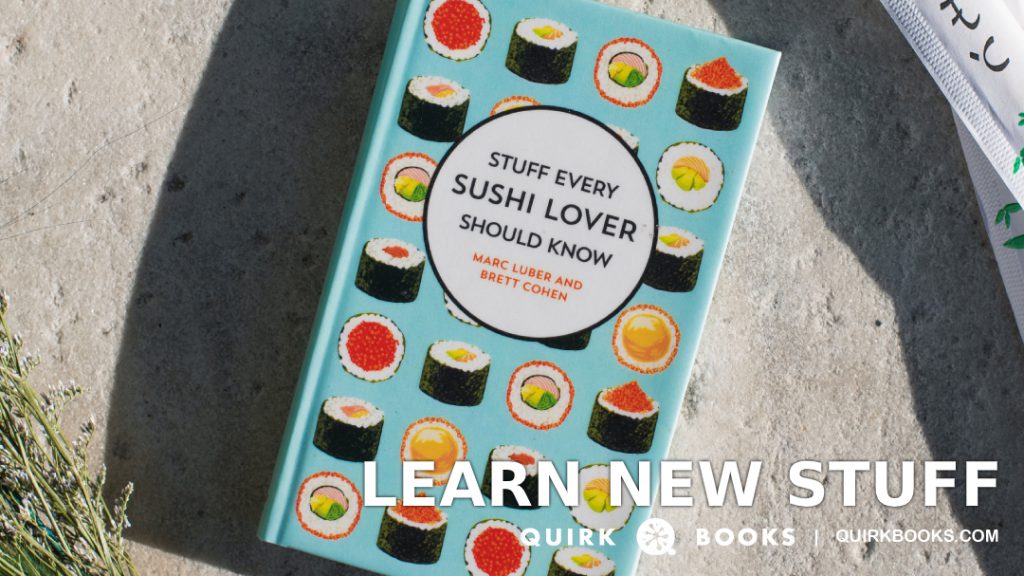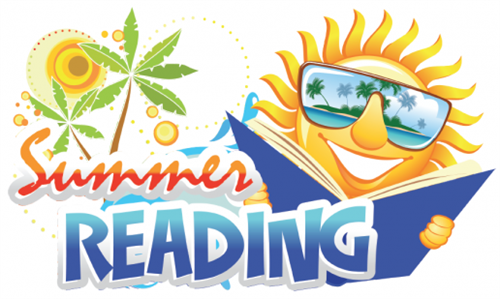Writing Tips From Authors You Read in English Class
[Photo by Da Kraplak on Unsplash]
Ah English class, where we learned how to write an essay, edit our grammar, and NEVER EVER use CliffsNotes when we haven’t done the reading (like, ever). Most of all, we learned about the work of some of the great authors of the English language. Time goes by, but these timeless tips from some of the English canon’s biggest names remain excellent advice on writing.
Mark Twain on misplaced modifiers in your manuscripts:
“Substitute 'damn' every time you're inclined to write 'very;' your editor will delete it and the writing will be just as it should be.”
Very. Just one of the words that has a history of overuse in first drafts. While Twain’s tip is a bit tongue in cheek, and relies on you having a fairly patient editor, the advice is sound. When you feel the need to use the same word continuously, stop! The find/replace function is perfect for this in modern times, all you have to do is search to find the words you use too much and delete them (or replace them with something better).
Maya Angelou on the struggle of holding onto a great idea:
“There is no greater agony than bearing an untold story inside you.”
We’ve all had that moment—a perfect idea that glows with holy light and inspires us to be writers. It’s beautiful, the story will change lives, you might even win a Nobel Prize. So we take that idea and bury it. We’ll write about it when we’re better writers, or have more experience, more time… and in the meantime, we decide to be miserable. The solution? WRITE. You can always revise, or rewrite, or throw out your first draft altogether. The idea doesn’t get better in your head, it gets better when you write it, and rewrite it, and rewrite it.
William Faulkner on the importance of reading:
“Read, read, read. Read everything – trash, classics, good and bad, and see how they do it. Just like a carpenter who works as an apprentice and studies the master. Read! You'll absorb it. Then write. If it's good, you'll find out. If it's not, throw it out of the window.”
Read. It’s advice you’ve been getting since you were a kid from cartoon characters, friends, teachers, and even your weird aunt who knits all your birthday presents. Read. Read about people who have lives like yours, read about people who have lives that are nothing like yours. Read the works of people who look like you and people who look nothing like you. Read stories about magic, about murder, about mystery, about mundanity. Read the love stories and the histories and the war stories and the adventure stories. If they’re well written, they’re all adventure stories. Painters learn by studying paintings, chefs learn by studying cuisine, and writers learn by constantly reading. So get after it! That TBR pile isn’t just gonna read itself!
Margaret Atwood on paying too much attention to your internal editor:
“The only way you can write the truth is to assume that what you set down will never be read. Not by any other person, and not even by yourself at some later date. Otherwise you begin excusing yourself. You must see the writing as emerging like a long scroll of ink from the index finger of your right hand; you must see your left hand erasing it.”
The internal editor—the little niggling voice in your head that hears what you want to write, and tells you no. “That’s not good enough,” it says. “That’s going to annoy people.” “No one wants to read about that.” “That’s embarrassing.” The internal editor loves to tell you how you shouldn’t write, but never has anything constructive to say. For the first draft, and maybe even for the second draft, you have to find ways to ignore that voice that tells you not to write. And keep in mind, the internal editor is very different from an *actual* editor! An actual editor wants to take your story and help it develop and connect with a reader. The internal editor just wants you to stop.
Robert Frost on surprises and trouble in your stories:
“No tears in the writer, no tears in the reader. No surprise in the writer, no surprise in the reader.”
Have you ever tried to *make* two characters fall in love? How about designing the climax and corralling all your characters to get there by a predetermined point in the narrative? How did that go for you? Forcing your characters to follow a plan denies them the opportunity to grow and develop as you write, and makes your story more of a paint-by-numbers project and less of the masterpiece it could be. By all means outline your work in advance, but get ready for surprises that take you on an adventure along with the characters you’ve created.
Sylvia Plath on having the the guts to write:
“And by the way, everything in life is writable about if you have the outgoing guts to do it, and the imagination to improvise. The worst enemy to creativity is self-doubt.”
Self-doubt can convince you that your writing is bad, that your ideas are silly, or even that you aren’t a *real* writer. The best way to fight self-doubt? Write your way out. It doesn’t even have to be good, you just have to put in the time doing the hard work of writing. Even when the idea well runs dry, or your prose feels stilted, or the characters feel stiff as cardboard to you, write your way out. No one has to see it, no one has to read it. You can think of it like practice; you have to practice anything you want to get really good at, so you are practicing being a writer every time you sit down to write.
John Steinbeck on managing your ideas:
“Ideas are like rabbits. You get a couple and learn how to handle them, and pretty soon you have a dozen.”
Too many ideas is the best kind of problem a writer can have (outside of ‘What do I do with all this advance money?’ and ‘I just have too much leisure time and editorial support, I don’t know what to do with it all’). But just because it’s a great problem doesn’t mean you can let it go unsolved! You can track your ideas in a color-coded spreadsheet, on a whiteboard in your office, or in a multi colored bullet journal you write in every day. Each writer manages their ideas differently, so feel free to dabble and try a few different methods. The choice is yours!
All the advice we’ve seen from writers we had to read in English class boils down to one key point: write.
- Write, even if you’re scared.
- Write, even if it’s hard.
- Write, even if you’re not that good.
- Write, even if nothing in your writing goes according to plan.
- Just keep writing. If you’re still writing, you’re still getting better, and so is your writing.
What do you think? What famous writing advice have you taken to heart? Share in the comments, or tweet us @quirkbooks!










